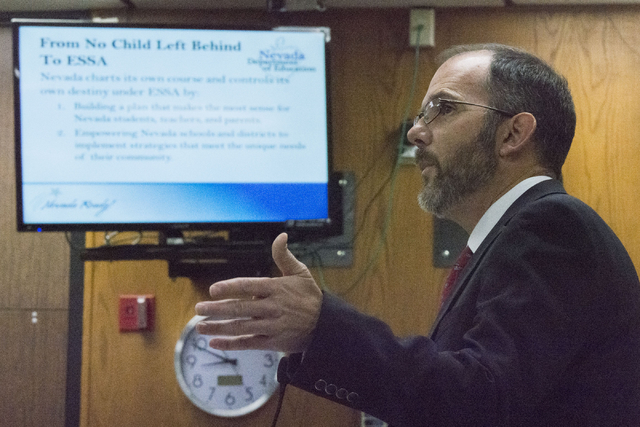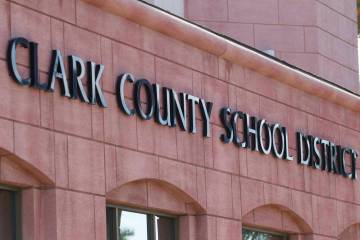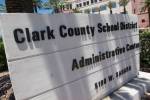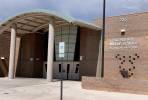Early data shows Nevada on track to meet most education goals
Nevada is off to a good start in its ambitious quest to become the “fastest-improving state in the nation” in education, but more work must be done, officials say.
In mid-December, the state released initial data looking at how it is faring on the goals it set this summer under the federal Every Student Succeeds Act, which requires states to develop and track educational improvement plans.
Most data categories — including high school graduation rates and Smarter Balanced test scores — show the state is on track to meet the metrics it set as part of its overall goal, State Superintendent of Instruction Steve Canavero said at a December state Board of Education meeting. Canavero said the data was in draft form and would be solidified in March.
“I think the longer we stay this course the easier it is for us to demonstrate what’s working and what midcourse corrections need to be made,” he said.
College exam a concern
Canavero said the preliminary data shows the state is in the red or warning category on how well its high school juniors score on a college entrance exam.
Composite scores on the ACT exam have been stuck at 17.4 for the last three years. The long-term goal is a composite score of 20 by 2022, but it includes milestones that the state is not on track to meet, Canavero said.
The ACT measures four college readiness categories and sets benchmarks for each: English is 18, science is 23 and math and reading are both 22. This year, only 10 percent of Nevada 11th-graders hit all four benchmarks. Sixty percent of students who took the test did not meet any of them.
Taking the free exam is a high school graduation requirement, but a low ACT score doesn’t stop a student from earning a diploma.
Board member Robert Blakely thanked Canavero for presenting an honest snapshot of the state’s progress.
“You represented there are some areas we need to work more. I feel you’re giving us a more realistic picture,” he said.
Board member Felicia Ortiz suggested a public outreach campaign to help students and communities place more emphasis on doing well on the test.
“If you asked anyone in the general public, most people do not know that we’re rating ourselves based on ACT scores, especially our students,” she said. “They know that they must take the test. They don’t realize its something we use to rate our state.”
Strengths
Despite the challenge of ACT scores, other indicators show the state is moving in the right direction, Canavero said.
The state has nearly met its high school graduation goal is 84 percent by 2022. Recently released data shows the state’s graduation rate at 81 percent. Washoe County is at 84 percent, and Clark County has reached an 83 percent graduation rate.
Canavero said the state could look at raising the goal in order to fuel further improvement.
Other areas that are on target include: increasing the percentage of disabled students enrolled in inclusive early childhood learning programs; upping the number of students who complete career and technical education programs; and adding to the roster of quality-rated early childhood learning programs.
Too soon too tell
In a few other categories, the state categorized its progress as “yellow,” or too soon to tell.
Those goals include increasing the proficiency of English Language Learners, improving test scores on the Smarter Balanced exams and increasing student performance on National Assessment of Educational Progress, a benchmark in English and math.
The state’s final improvement plan will go back before the board in March for approval.
Contact Meghin Delaney at 702-383-0281 or mdelaney@reviewjournal.com. Follow @MeghinDelaney on Twitter.
What is ESSA?
The Every Student Succeeds Act was passed in 2015 under the Barack Obama administration.
The federal law replaces the 2002 No Child Left Behind Act, passed during the George W. Bush administration. Education experts see ESSA as a more flexible program, as it is intended to return more power to state departments of education.




























